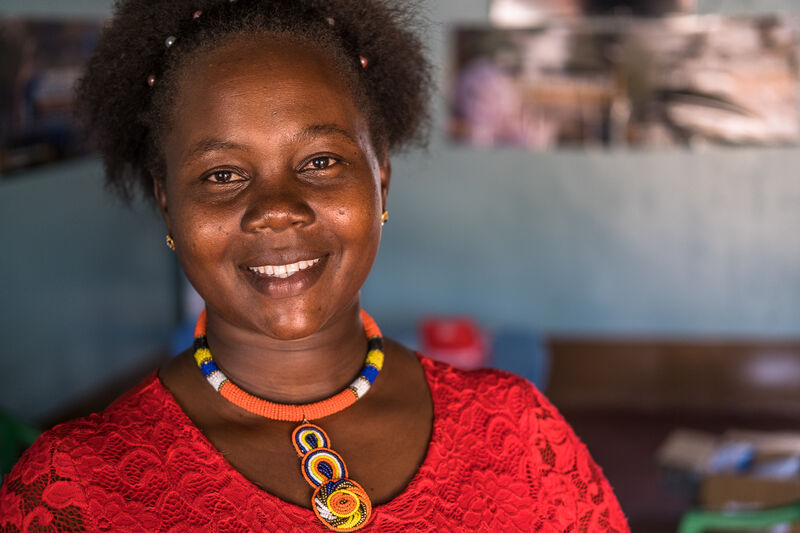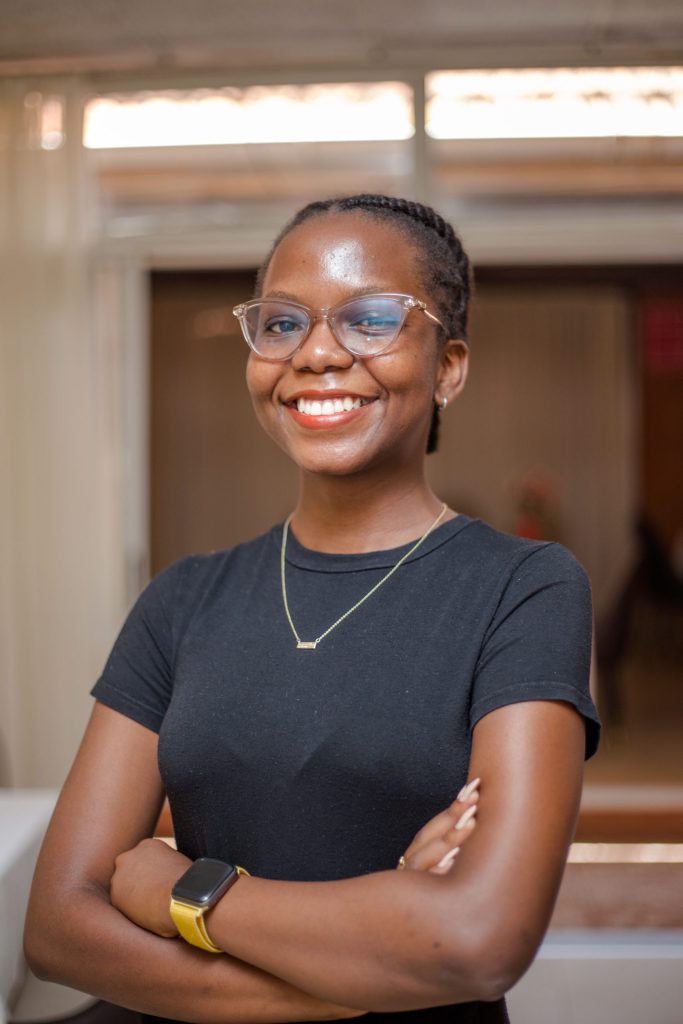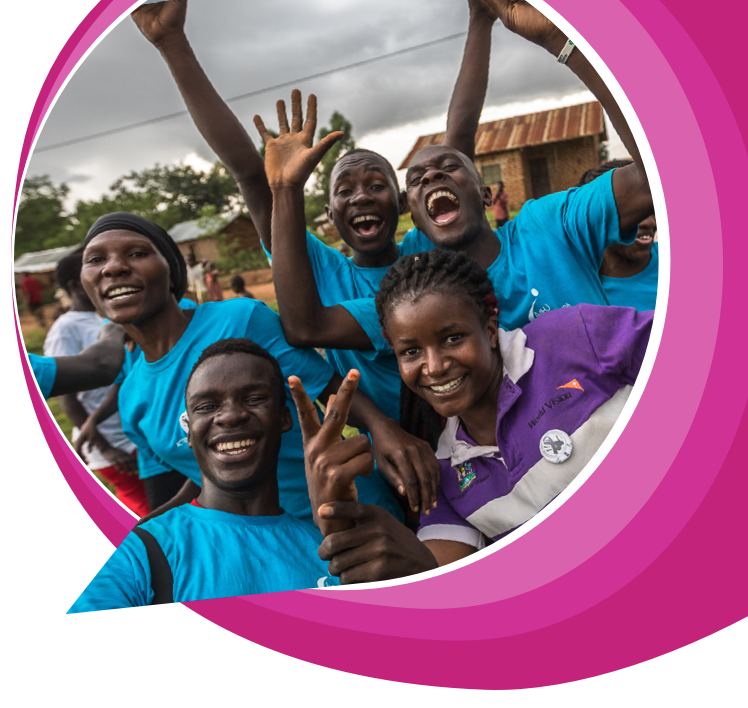
Empowering youth for a better future
Today, we bear witness to the largest generation of young people in history. Over a quarter of the global population is under the age of 15. In sub-Saharan Africa it is almost half. Young people have enormous potential to contribute to the development of their countries – if they are well educated, provided with adequate and affordable health services, and given equal opportunities regardless of gender, wealth, religion, tribal affiliation or sexual orientation.
At the heart of our mission is the provision of vocational training, with a strong focus on our core themes of gender equality, health, sexuality education, contraception and family planning. Through the integration of education and training, we empower young people to acquire skills, earn an income, achieve financial independence, and lead empowered lives.
Our motivation
Young people in sub-Saharan Africa face numerous barriers that prevent them from taking control of their own lives and realising their full potential.
The background
13 million* teenage pregnancies
In sub-Saharan Africa, almost one in five women experiences teenage pregnancies, giving birth before turning 18. The consequences are often borne by the girl alone: complications during pregnancy and childbirth are the most common cause of death among girls and young women between the ages of 15 and 19.
2.4 million children and young people in sub-Saharan Africa are living with HIV or AIDS
Sub-Saharan Africa grapples with a myriad of health challenges, including malaria, HIV and AIDS and malnutrition. According to UNICEF, around 2.4 million children and adolescents in the region were affected by HIV or AIDS in 2021. The region contributed to 87 per cent of malaria cases worldwide.
Youth unemployment in sub-Saharan Africa is very high
Youth unemployment in sub-Saharan Africa is generally very high and represents a major challenge to economic development and social stability.
1 in every 5 girls is married before the age of 18
The right to decide freely about one’s own body, sexuality and number of children is often violated by harmful practices such as early marriage or female genital mutilation. Laws against these practices exist in many places, but they are not enough: social change and the protection of girls’ rights must be promoted more intensively.
* These figures are based on our sources but are estimates due to the difficulty of collecting empirical data.
Barriers for youth
Young people face many barriers that prevent them from taking control of their lives and reaching their full potential. There is often a lack of sexuality education and access to modern contraceptives. This puts them at a high risk of becoming pregnant unintentionally or contracting sexually transmitted diseases such as HIV.
In low and middle income countries, many young people – especially girls and young women – have little or no schooling and can only dream of vocational training.
Harmful cultural practices and a lack of rights pose significant barriers, particularly for girls, preventing them from taking control of their lives. Shockingly, around the world, 40,000 girls under the age of 18 are married off every day. The impact of female genital mutilation (FGM) is felt by approximately 200 million girls and young women globally. This persists, despite the fact that child marriage and FGM are banned in most countries.
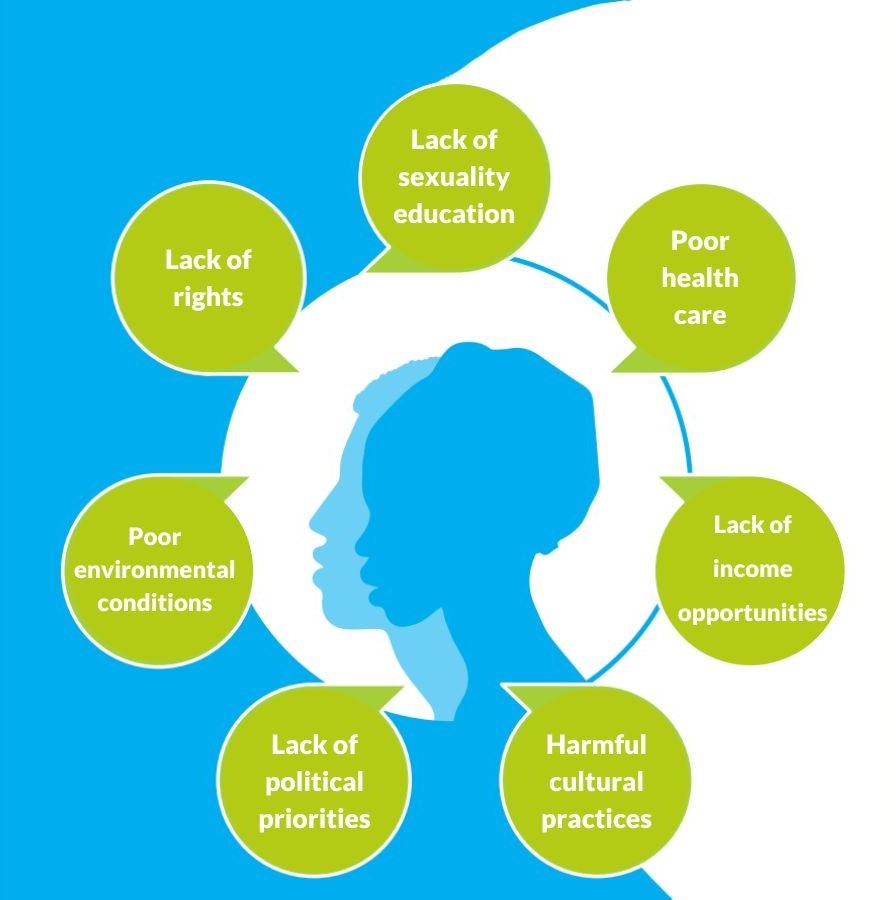
What we do
Young people hold the key to the future, but many are trapped in a cycle of poverty, health risks, and limited opportunities. Despite completing primary school, many face obstacles in pursuing secondary education due to financial constraints or the need to work. This struggle is particularly evident for girls, whose education is often cut short by early marriage or pregnancy
We aim to break this vicious circle and support young people in taking their future into their own hands.
Our threefold approach
By youth for youth
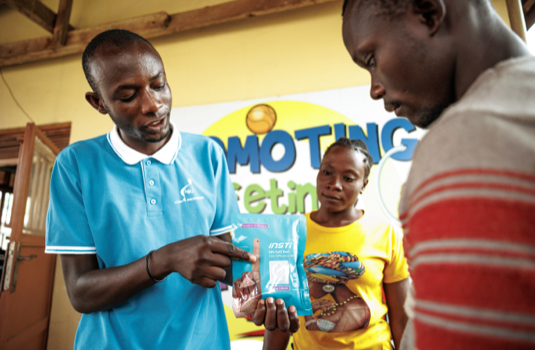
In our youth clubs, peer educators, specially trained for the task, guide their fellow youth aged 10 to 24 through open discussions about sexuality, contraception, and health issues. Vital topics including menstruation, bodily autonomy, and equal relationships are openly addressed. Our approach involves providing information on HIV risks, offering referrals to health centers, and assisting with everyday health concerns. We believe in open, taboo-free education conducted at eye level.
Involving communities
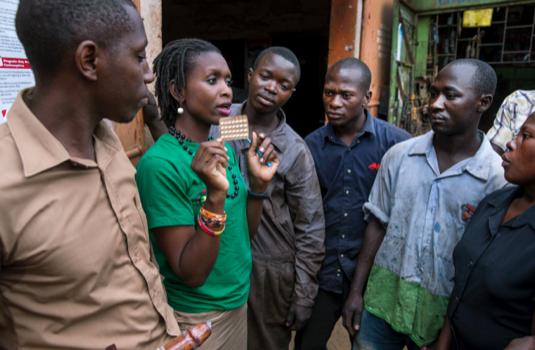
We improve young people’s situation in a sustainable way by involving their social environment in their education. Youth club members organise their own awareness campaigns to convince parents, teachers, politicians and religious leaders of the importance of sexuality education and contraception. They use music, dance and drama to spread their message to the public.
Income generating opportunities
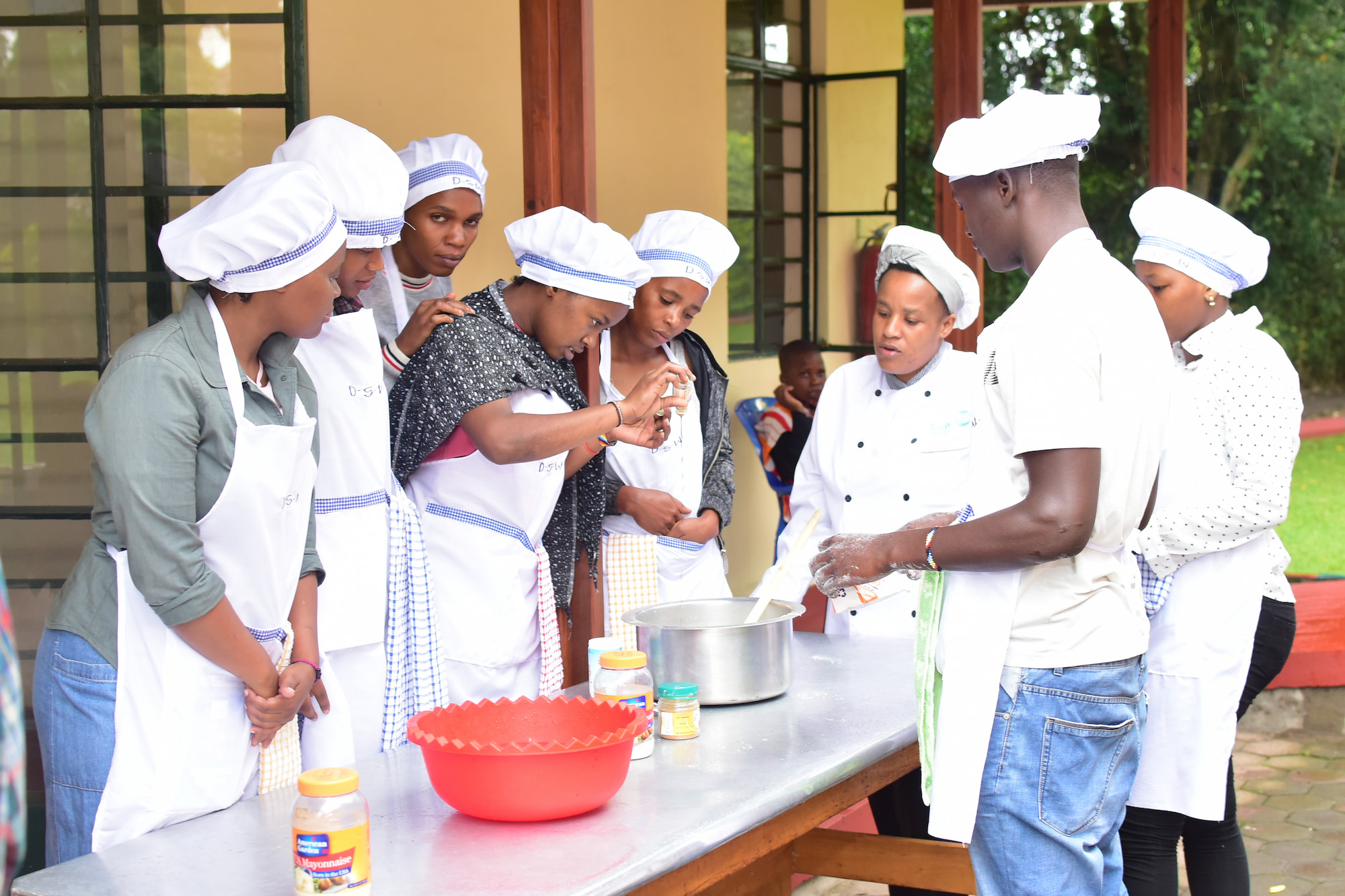
In sub-Saharan Africa, many young people face limited prospects for the future. Despite acquiring a basic education, their access to further educational opportunities is frequently hindered by financial constraints. To give them the chance to earn their own income, we support Youth Empowerment Centres (YEC), where they learn all the skills they need to organise themselves, form associations, access training grants, etc., which they then pass on to youth clubs in rural areas.
Support us
Empower change now! Your donation makes a difference – support our projects and advocacy for sexuality education and self-determined family planning.
